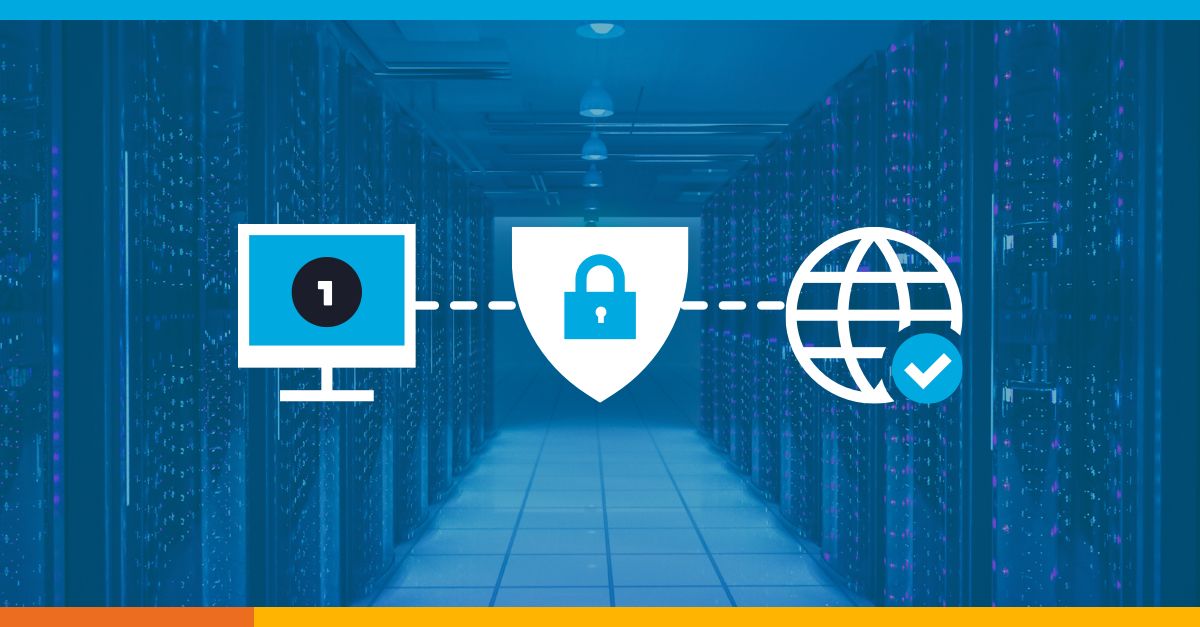
Chief Information Security Officers (CISOs) and IT leaders consistently face extreme stress, including cybersecurity pressures, hefty workloads, and budgetary deficits.
In today’s work-from-anywhere environment, these leaders manage all aspects of their organization’s IT security and remote workforce transition, ensuring the entire company is secure and protected. However, the ever-increasing pressures of the job have led to deteriorating mental health, addiction issues, and even suicidal tendencies. The COVID-19 pandemic has only intensified this stress.
OneLogin’s recent IAMokay Mental Health Survey, which included 250 tech leaders across the globe, revealed that more than 77% of respondents believed the pandemic increased their work-related stress. When asked about their workload, 86% of respondents reported their workload increased during the pandemic.
Of those whose workload increased, 25% believed their workload increased significantly, while 34% reported a moderate increase. In addition to increased stress and workload, 67% of respondents also reported an increase in work hours, with 26% noting a significant increase and 41% describing some increase.
Unfortunately, this rise in stress, workload, and work hours affects mental health. The good news is that most tech leaders believe their employers care about their mental health. In fact, about three-quarters of OneLogin’s survey respondents believed their organizations valued their health and well-being.
To cope with their stress, many leaders turned to exercise and meditation. While the survey indicated exercise as the primary coping mechanism, some respondents indicated alcohol and drug use.
Given the numerous challenges CISOs and IT executives faced this past year, it is no surprise that leaders feel incredibly overwhelmed. More than 80% of survey respondents used exercise as a coping mechanism and 40% relied on meditation. Approximately 24% self-medicated to manage their stress. Thus, three-quarters of respondents avoided self-medicating with alcohol, narcotics, or prescription medication.
“While survey results provide a 30-thousand-foot view of some behaviors to reduce stress, it is important to note that biology and environment also play a significant role in behaviors,” explains Dr. Robin Massey, an industrial organizational psychologist, whose life work is teaching leaders how the state of the body influences people’s engagement, performance, and productivity.
She adds, “Historically, business has been preoccupied with efficiency, while sacrificing human relationships. On some level, this perspective may have worked in the past, but times have changed. What we know is the current state of the body influences behaviors, feelings, and thinking. Therefore, it is important to understand how physiological factors are interrelated with the relational and psychological.”
To tackle the ever-growing issue of stress management, the American Psychological Association (APA) recently released an article on stress management for leaders, which provides a list of actions and activities that can be used to cope with stress. “Practicing just one to two changes can have a significant compound effect over time,” explains Massey. Suggestions from the APA include the following:
-
- Recognize the physical warning signs of stress: Stiff muscles, headaches, teeth grinding, and stomachaches are all physical reactions to stress. Pay attention to these symptoms and focus on self-care.
-
- Hit the pause button: Pausing to reset and focus is very important when you feel overwhelmed. Adopt a routine of 5- to 10-minute breaks each hour to assess your stress signals and emotional needs.
-
- Prioritize self-care: Leaders need to recharge, recover, and stay fueled. Movement and exercise is necessary for improving mood and physical well-being. Restorative activities include outdoor recreation, mediation, deep breathing, maintaining a proper diet, and talking with friends and family.
-
- Focus on sleep: Getting enough sleep, as well as good sleep quality, can be tricky with hefty workloads, extended working hours, and intense demands. A pre-bedtime wind-down routine includes turning off all devices, refraining from listening to the news, and taking a warm shower to cool the body’s temperature.
- Build in breaks: Leaders can better cope with uncertainty and anxiety by building a sense of control among their teams. Blocking time to check in with people, including employees, helps keep moods and outlooks positive, which fosters communication, trust, transparency, and relationships.
When challenging situations arise in today’s world, mental and emotional preparedness is essential. Knowing how to manage stress promotes well-being and mental health. “Leaders can’t give what they don’t have,” explains Massey. “To care for their teams, they must themselves live the principles.”
Visit our #IAMOkay resource center for more mental health management ideas and information.

